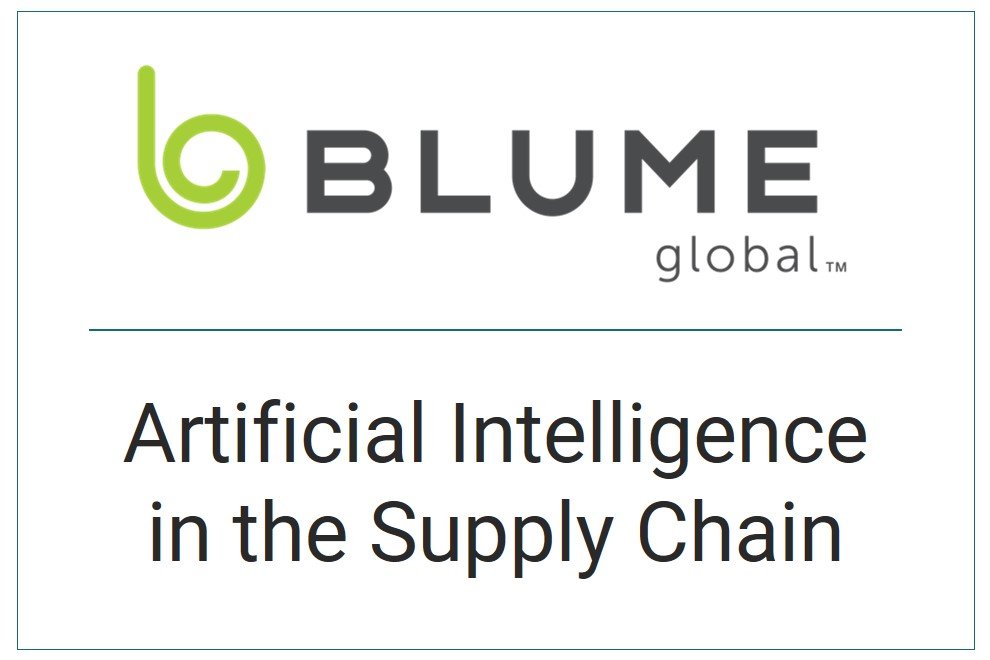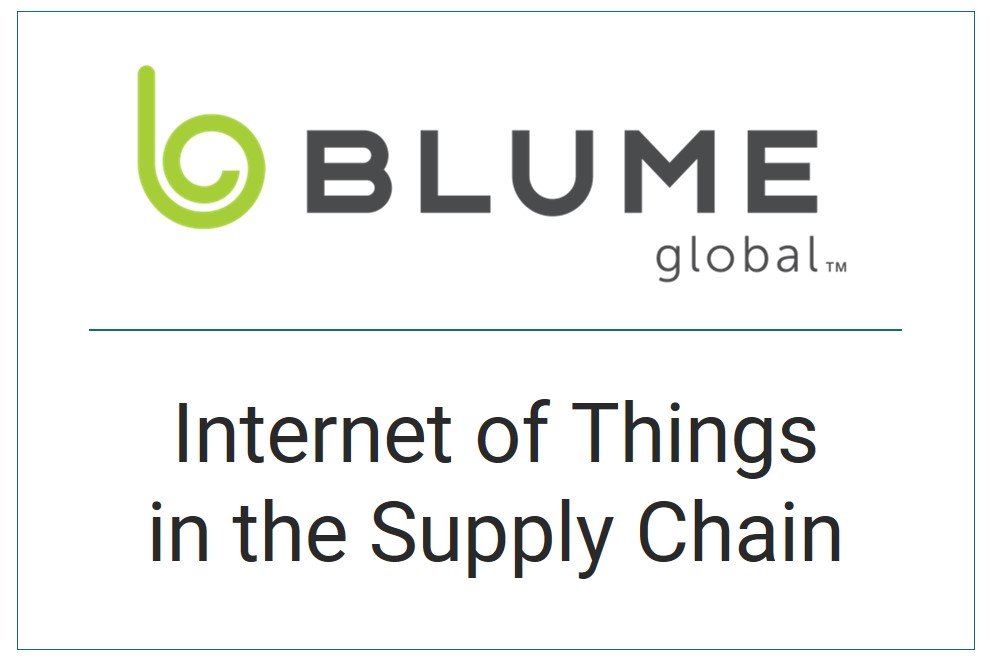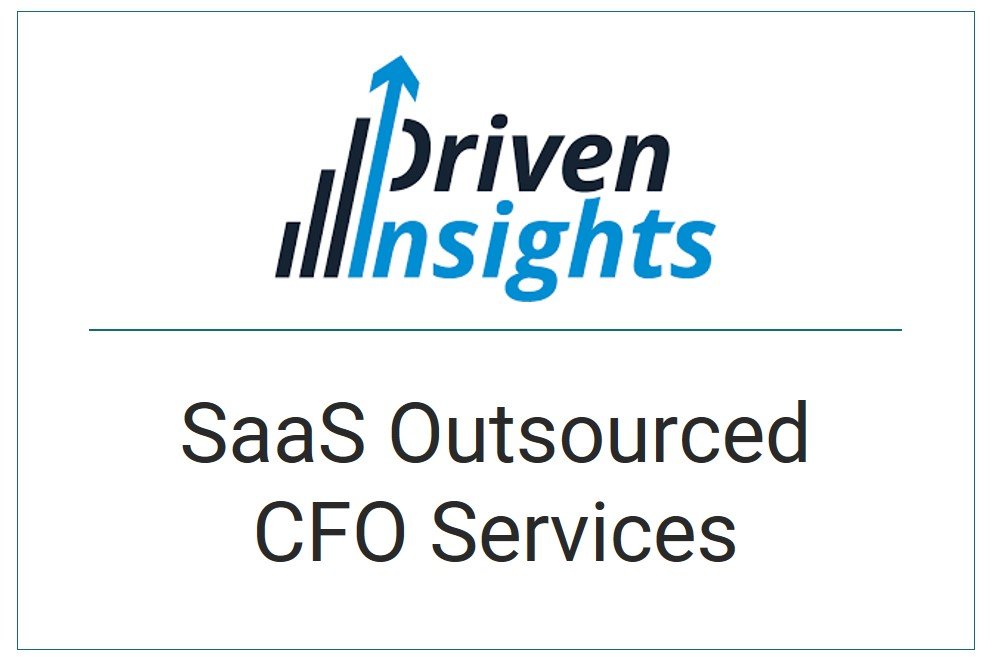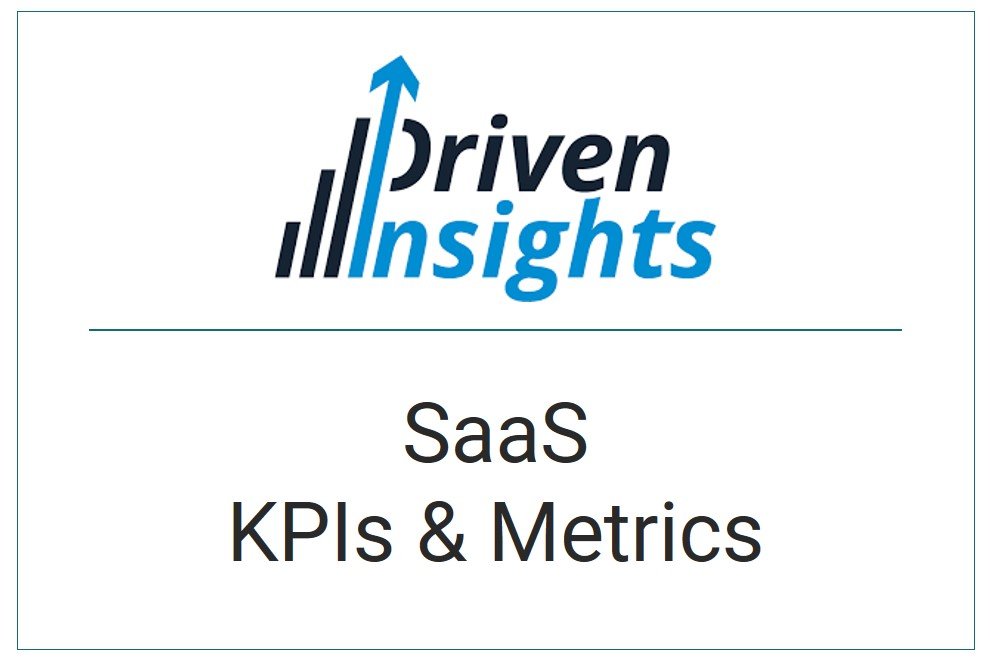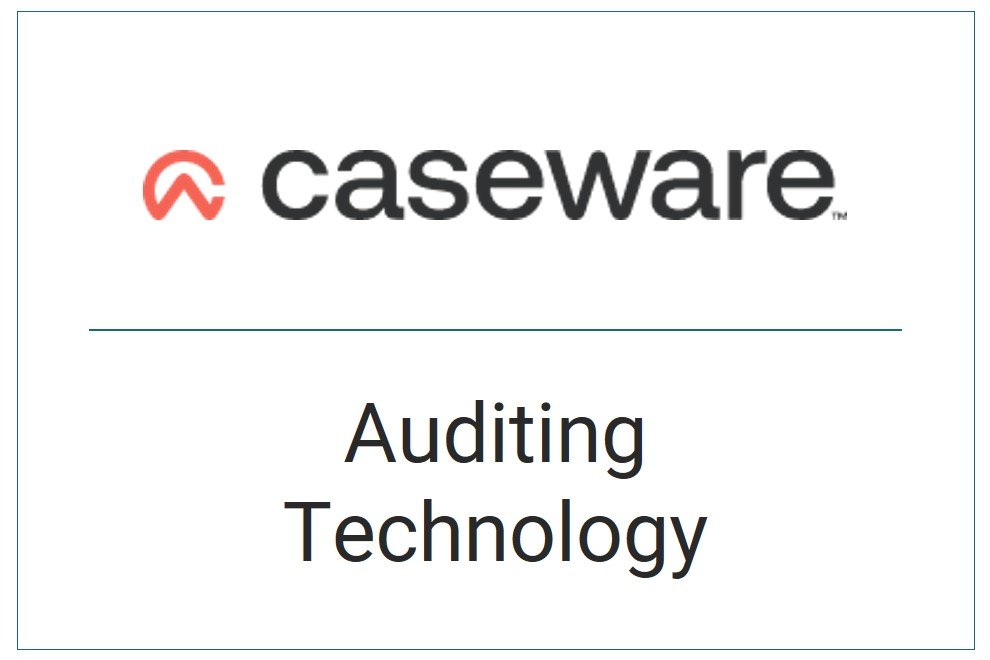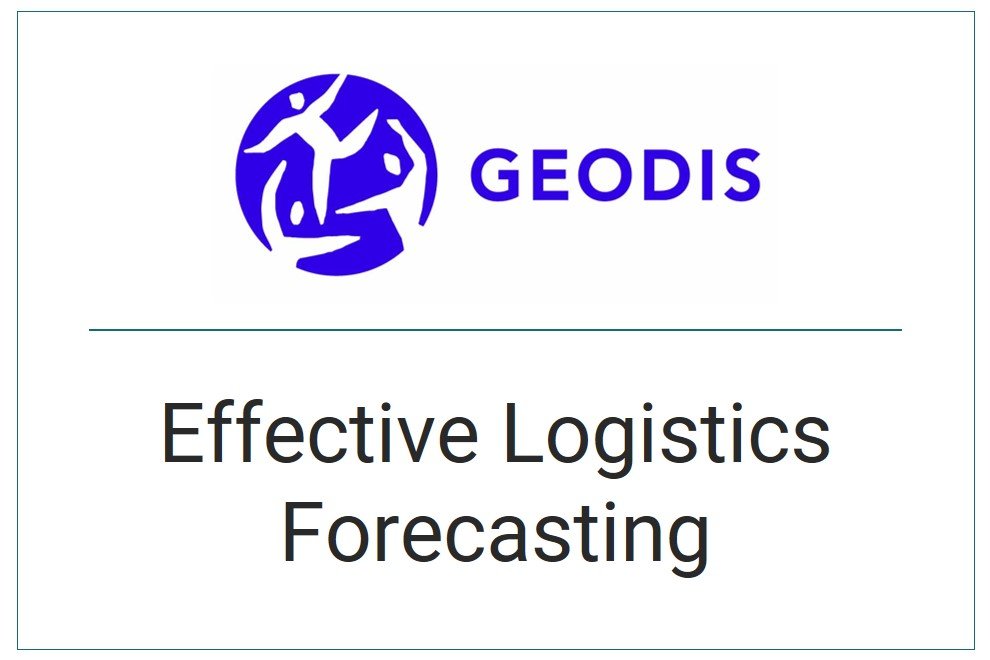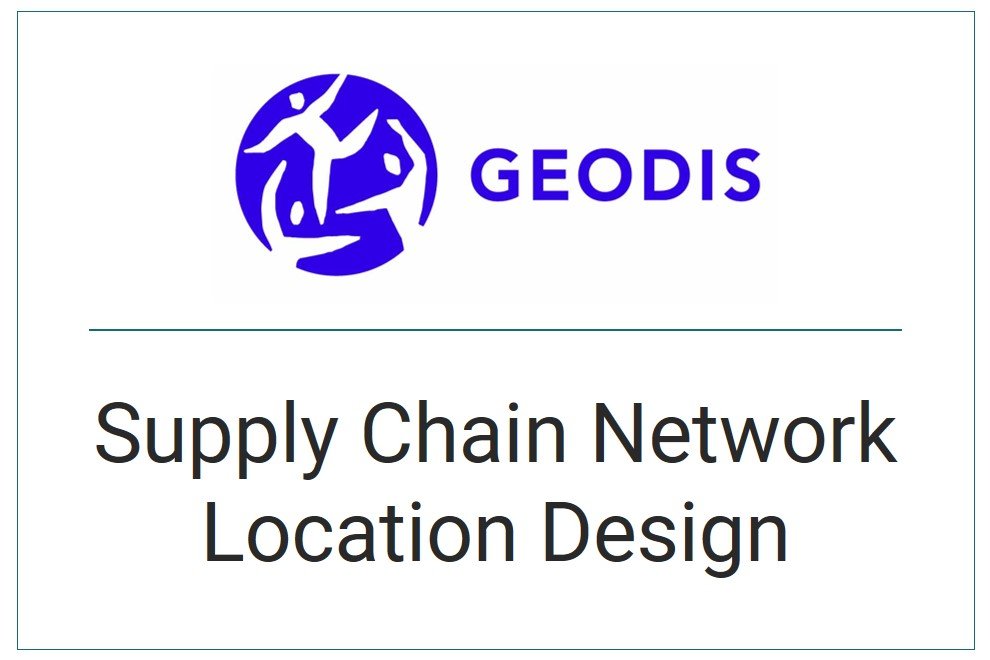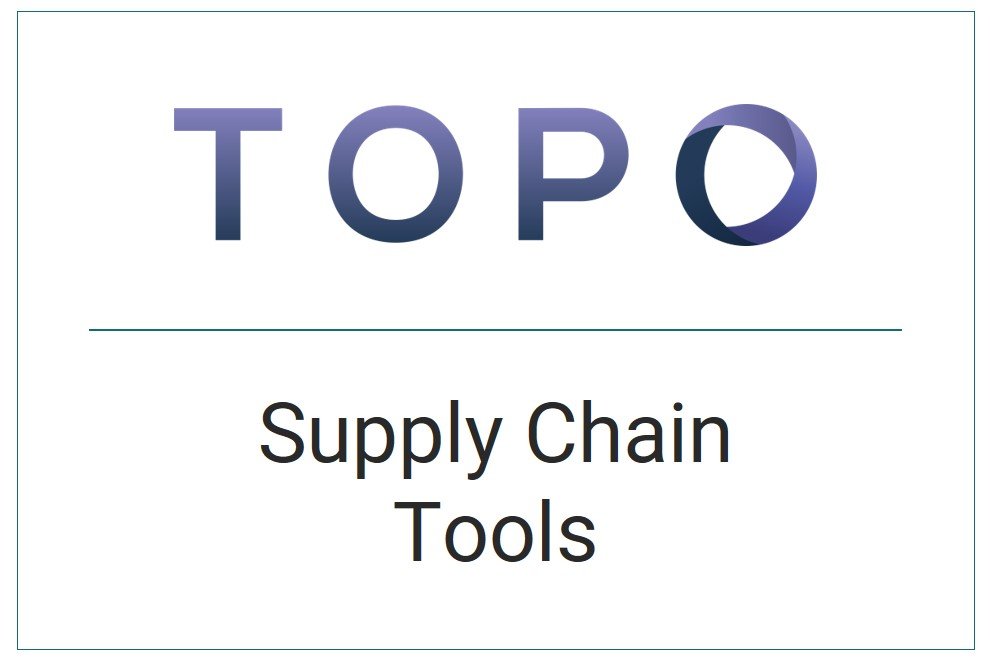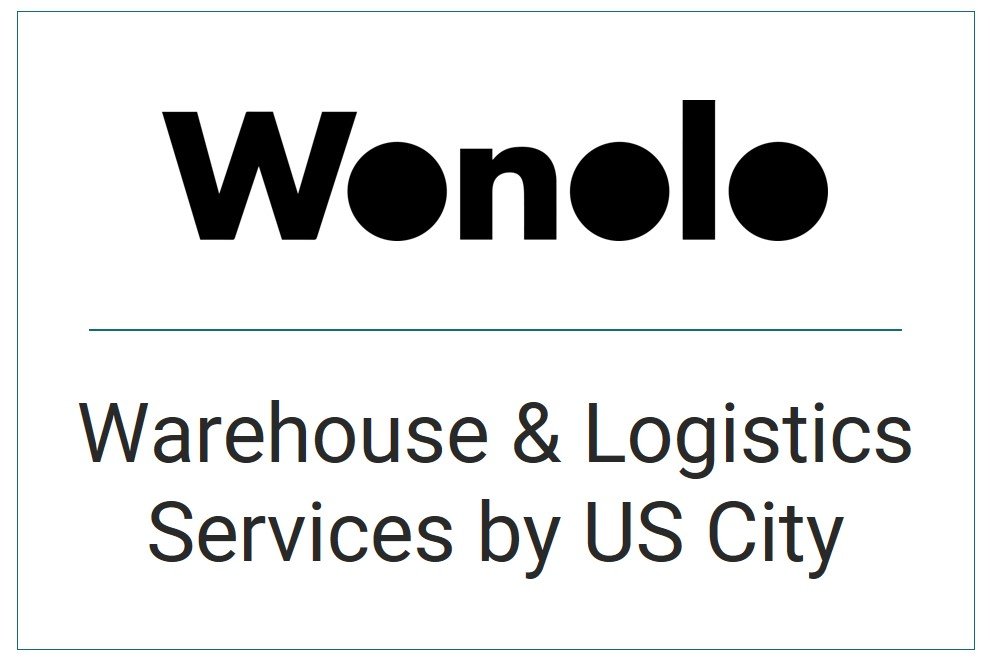Artificial Intelligence in the Supply Chain—Collected Writing Samples
This is a collection of four articles that I wrote for Blume Global and that are published in their learning center. You will find links to each published sample below.
Links to my published writing on supply chain artificial intelligence and machine learning
Here are links to my published samples.
How Artificial Intelligence Improves the Supply Chain
“Typically, AI uses human reasoning as a model for decision making, with a goal of providing better insights, products, services or efficiencies. There are several subfields of AI including machine learning, natural language processing, planning, problem solving and robotics.
Artificial intelligence has several applications in the supply chain, including extracting information, data analysis, supply and demand planning, autonomous vehicles and warehouse management.”
How Machine Learning Optimizes the Supply Chain
“Machine learning typically uses observations or data to train a computer model. Patterns in the data, combined with predicted and actual outcomes are analyzed through machine learning and used to improve how the technology functions. This cycle repeats, further refining the technology as it’s exposed to more information.
Machine learning has several applications in the supply chain, including data analysis, supply chain optimization, cost reduction, planning and forecasting.”
How Artificial Intelligence Is Transforming the Retail Supply Chain
“Artificial intelligence is making a huge difference for retail supply chain optimization, as there’s a greater need for fast delivery to shops and end customers, and an increasing focus on tight inventory control. AI helps retailers understand exactly how their supply chain is operating, make improvements throughout and eliminate waste and overhead. In this article, we’ll explore some of the trends in AI for the retail supply chain.”
An Introduction to Predictive and Prescriptive Analytics for Supply Chain Optimization
“For supply chain management, descriptive analytics is a useful way to look at the past and optimize supply chain operations. However, it’s the relatively new fields of predictive and prescriptive analytics that can unlock real value in the supply chain.
These types of analytics help analyze, model, predict and prepare for future changes in the supply chain. Those insights become part of continual improvement initiatives that reduce waste, streamline processes and minimize costs. Predictive and prescriptive analytics are an important part of artificial intelligence and machine learning implementation in the supply chain.”
More information about these portfolio writing samples
Here’s some more details on these pieces.
Freelance writing services for these portfolio samples
I provided this content writing as part of the following services:
Writing expertise and topics for these portfolio samples
This content writing fell into the following topic areas:
Business: Business Intelligence and Analytics, Supply Chain and Logistics
Technology: Artificial Intelligence and Machine Learning
Type of writing
My writing for this content was unattributed.
Similar portfolio samples
Discover more of my writing portfolio samples in related areas.
All logos and trademarks are used under fair-use guidelines. In all cases, my clients have paid for my work and they have complete ownership and copyright of the writing samples published by them and linked from this website, and no ownership is claimed or implied by me. Links to samples are included as per my freelance writing contract with clients. Linkage from this website is intended to provide my clients with greater SEO ranking through backlinks, and to demonstrate their expertise through my work. All excerpts from samples are placed inside block quote elements to prevent any possible duplicate content penalties. Any statistics mentioned are sourced from SEM Rush in mid-2022. For more information, please see my disclaimer.
